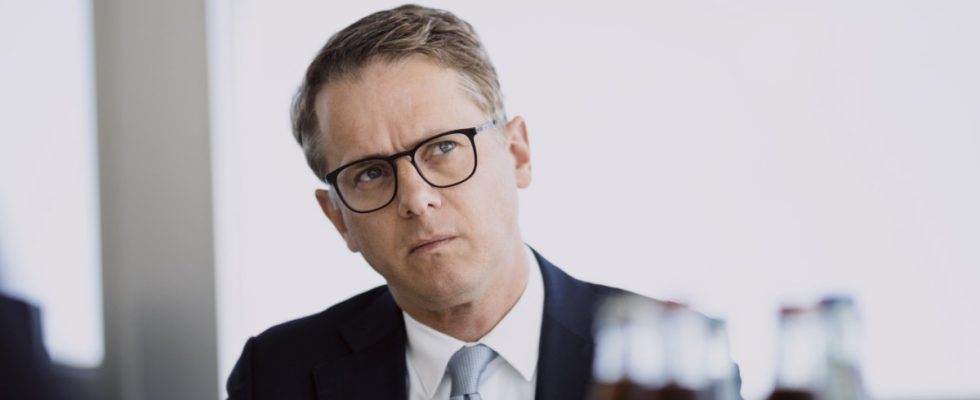This is probably what Carsten Linnemann thought with his proposal for cross-party solidarity, which he himself described as “historic”. “Come on, let’s sit down at a table,” said the CDU general secretary in an interview with Ssouthern German newspaper said. It was a request to the federal government to tackle the issue of migration together with the opposition – somewhat like the asylum compromise in 1993. And lo and behold, suddenly things are moving in this direction.
Linnemann’s party leader Friedrich Merz immediately took up the idea – with an offer to Chancellor Olaf Scholz. “I offer you: Let’s do this together,” said the CDU chairman at the party conference of the sister party CSU in Munich. “And if you can’t do it with the Greens, then throw them out, then we’ll do it with you – but we have to solve this problem.” Bijan Djir-Sarai, the general secretary of the FDP, took a similar approach. He also called for a “cross-party solution” and he also identified a problem. “The Greens are a security risk for the country when it comes to migration policy and their unrealistic positions make consistent government action more difficult,” said Djir-Sarai. This is an interesting tone given that both parties govern together.
Especially since Vice Chancellor Robert Habeck had already opened the door for the Greens. “If we don’t want right-wing populism to exploit this issue, then all democratic parties are obliged to help find solutions,” he told the RND. This could also mean making “morally difficult decisions,” said Habeck. “We know that we have a responsibility for cohesion in this country.” And then he almost sounds like Linnemann.
Many reach Germany illegally via Poland and the Czech Republic
The background to the debate – in addition to the state elections in Bavaria and Hesse in just under two weeks – is a rapidly increasing number of asylum seekers. In the first eight months of the year alone, the Federal Office for Migration and Refugees registered more than 204,000 initial applications, 77 percent more than in the same period last year. The number of refugees from Syria, Afghanistan and Turkey in particular has increased. Because escape routes have changed, many are now entering the country illegally across the borders to Poland and the Czech Republic, often with the help of smugglers. However, the number of refugees to Germany is still far below the more than 700,000 who came in 2016.
CSU boss Markus Söder also supported the solidarity proposal at the weekend. “We say ‘yes’ to a Germany pact against uncontrolled immigration,” he said in Munich – alluding to the pact that Chancellor Olaf Scholz recently announced in the Bundestag to renovate Germany as a location.
Scholz himself acknowledged the fundamental right to asylum at the weekend. However, refugees who arrive in Poland would also have to be registered there and go through an asylum procedure. “I don’t want Poland to simply wave us through and then have a discussion about our asylum policy afterwards,” he said at an election campaign event in Nuremberg. Neighboring Poland recently came under criticism because Polish consulates had allegedly issued visas for the Schengen area in exchange for bribes. Scholz said they wanted to talk to the government in Warsaw about these questions. Depending on the situation, further measures may be taken at the borders.
Federal Interior Minister Nancy Faeser (SPD) is apparently also preparing for this. Short-term stationary border controls could help combat smuggling crime more aggressively, she told the World on Sunday, especially in connection with controls throughout the border area. She had already indicated in the Bundestag during the week that Faeser was open to this. “But one should not suggest that asylum seekers will no longer come as soon as there are stationary border controls,” she added. The protection of the EU’s external borders remains crucial. Cooperation with Turkey on migration issues also needs an “update”.
In contrast, the Evangelical Church’s representative for refugee issues, Bishop Christian Stäblein, complains about a “discourse of isolation” in Germany. “We shouldn’t conduct the discourse in a language that makes refugees a problem or a burden from the outset,” he warned at the weekend. However, such messages are becoming increasingly rare. Isolation only strengthens the extremes.

